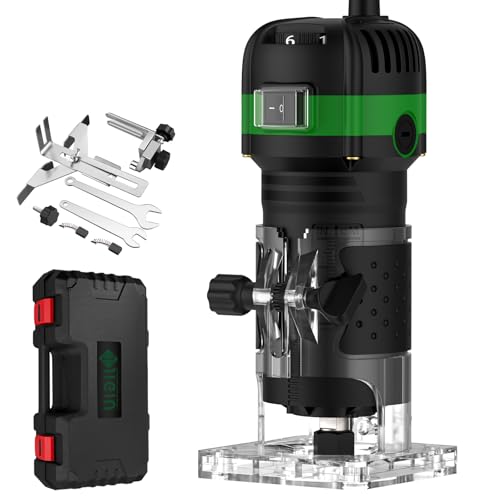LFS19
Established Member
I’m currently making a TV cabinet which I plan to finish with a concrete top. Loads of people seem to get great results with the stuff, and it’s very versatile so far as colours and stains.
From what I gather the process is also relatively simple: If you’re building a 2 inch top, you’d build a frame out of melamine, poor in an inch, then add some support and poor the other inch. Skim the top off and vibrate to rid the air bubbles. Once it’s set you can finish it how you want.
The question is how to support it and fundamentally what mix to use. Regarding the support I was thinking rebar, but I don’t know what size.
For the mix, there are a lot of American recommendations online, non of which are sold in the U.K. Quikrete actually do a countertop mix in the U.S. but there doesn’t seem to be any here.
Has anyone done this? Any advice would be much appreciated. Many thanks!
From what I gather the process is also relatively simple: If you’re building a 2 inch top, you’d build a frame out of melamine, poor in an inch, then add some support and poor the other inch. Skim the top off and vibrate to rid the air bubbles. Once it’s set you can finish it how you want.
The question is how to support it and fundamentally what mix to use. Regarding the support I was thinking rebar, but I don’t know what size.
For the mix, there are a lot of American recommendations online, non of which are sold in the U.K. Quikrete actually do a countertop mix in the U.S. but there doesn’t seem to be any here.
Has anyone done this? Any advice would be much appreciated. Many thanks!



































